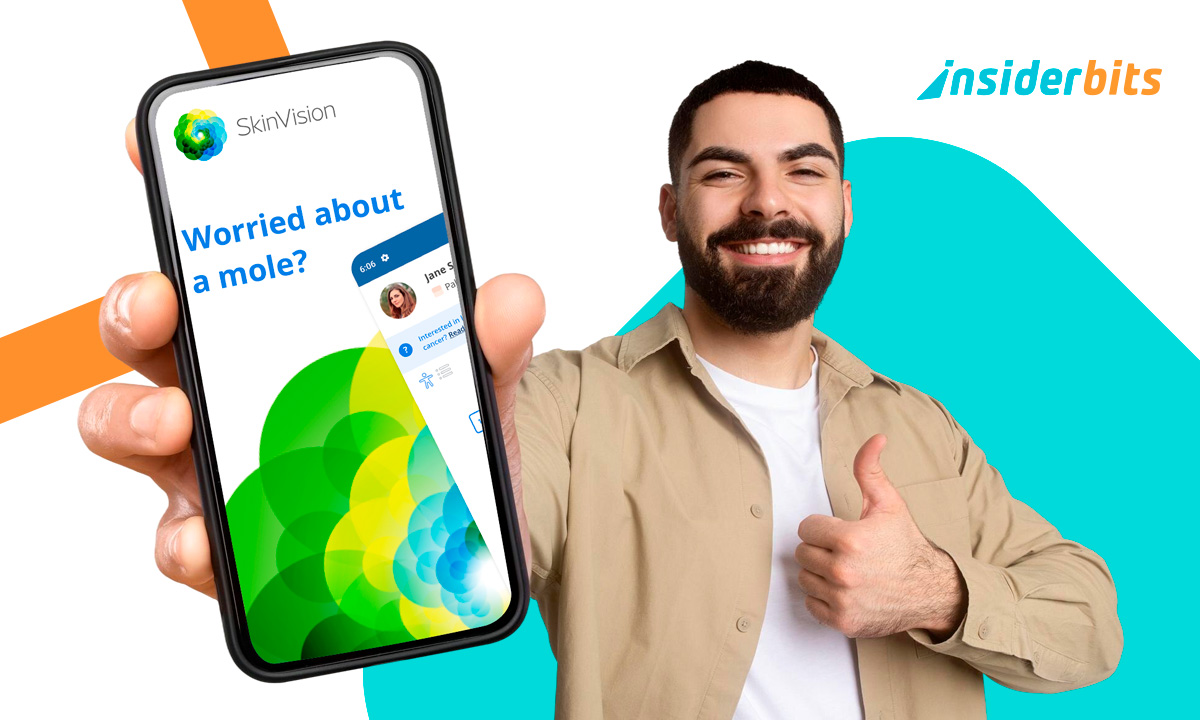Our online lives demand digital identity verification to protect personal information and secure digital accounts.
Digital identity verification ensures users are who they say they are when accessing sensitive data online. The main purpose of digital identity verification is to protect your personal information in today’s digital world.
Why It Really Matters
Each day, there are individuals attempting unauthorized access to your online activities. Both hackers and scammers aim to steal your identity in order to cause chaos.
Digital identity verification functions like a personal bouncer to confirm your identity through methods such as passwords, face scans, or fingerprints.
Protecting your digital identity extends beyond securing your financial resources by safeguarding your personal privacy and mental wellbeing.
The Deep Fake Scare
Deepfake technology feels like a concept lifted from the pages of a futuristic thriller. AI-created videos have the potential to falsely portray you as saying or doing things you never actually did.
Consider the possibility of someone creating a deceptive video of you to damage your reputation or commit identity theft.
Digital identity verification technology is improving to differentiate between genuine users and clever imposters by utilizing advanced facial recognition methods and additional techniques.
Handy Apps to Keep You Secure
Worried about your online identity? A number of helpful applications exist to protect your digital security.
ID.me
4/5
Think of this as your digital ID card. Whether you need to access government services or shop securely online, ID.me keeps your identity in check.


Yoti
2.4/5
A quick and secure way to create a digital ID right on your phone—no need to lug around a plastic card.


Microsoft Authenticator
4.9/5
Beyond just two-factor authentication, this app adds a solid layer of security to your accounts.


Government vs. Private: Which Works Best?
People frequently argue about which security approach works best between government-operated systems and private applications.
The government’s ID.me system delivers reliable security under strict regulations, which benefits essential services.
Apps from private companies such as Yoti and Microsoft Authenticator tend to show greater innovation and faster adaptation to emerging threats.
Ultimately, you need to identify the ideal combination of robust security measures and a seamless user experience.
Looking to the Future
By 2025, expect digital identity verification to be even more woven into our daily routines. More advanced biometrics, like retina scans or even voice recognition, could become the norm, making our online interactions both easier and safer.
Sure, there will always be people trying to outsmart these systems, but with smarter technology on our side, we’ll keep winning.
Conclusion
At the end of the day, digital identity verification is more than just tech jargon. It’s your frontline defense in a world where our lives are increasingly online.
So, take a moment to set up your digital safeguards and rest a little easier knowing that the real you is always in charge.





